Links play a significant role in Google’s search algorithms. So much so, that Google said links were among the top 2 ranking factors, next to content (third being RankBrain). Not all links are created equal, however. There are some that are of great quality, while others that are of poor and/or spammy quality. Google uses links to discover new pages on the Web, index them, and to rank those pages.
So what determines a link to be valuable? Let’s take a look.
Relevance
Links that come from sites/pages that contain similar content as the page that the link is pointing to are worth more than links that come from a site that is not related to the topic.
Search engines take into account a user’s search query. For example, if someone is doing a search on “growing your own garden,” search engines will prefer to show pages that have links coming from sites such as the Chicago Botanic Garden. That link will reinforce the search engine’s belief that your page does relate to gardening.
Pages ranking for “best times to grow vegetables,” for example, will have relevant links coming from Almanac. Since seasons directly affect vegetable gardening, links from Almanac will tell search engines that it relates to vegetable gardening.
Authority
Authority of a link is determined by how authoritative the site linking to you really is. Google has sites grouped together around topics, which they consider to be an authority on the topic. We do not know which sites they are, though. But it is easy to have an idea of which sites are considered authoritative by completing a Google search on a broad keyword, such as “cars.” The websites that are ranking for “cars” on the first page are most likely considered by Google to be authorities on the subject matter.
Ultimately, sites that have backlinks coming from highly ranked, authoritative websites are considered more valuable than sites that are less authoritative on a topic. Blogger outreach takes a long time to realize any benefits, so you should focus your time on the authoritative sites and less time on the less authoritative ones.
Trust
Trust is different than authority in that trust of a website is determined by the type of links that are pointing to it. Authoritative sites may not be that trustworthy if a large chunk of their link portfolio comes from paid links, link farms, and/or spammy websites. More links from websites that are trusted would convey more trust. This tells search engines that the site most likely has not been involved with black hat techniques for acquiring links in an unnatural way. If sites try to game the system, search engines will penalize them for it by labeling a site as less trustworthy–regardless of if they have a lot of authority in the industry.
There are tools that provide a score for trust. Tools like Open Site Explorer and Majestic SEO provide an overall score of how trustworthy a site is. When evaluating where to focus for backlink efforts on, prioritize the sites that have a higher trust rank vs. one that does not.
Anchor Text
Anchor text is the actual link on a webpage that you can click on. When search engines crawl a page, they read the anchor text to determine what the page the link leads to is about. In the earlier days of Google, anchor text used to hold significant weight in ranking pages according to their anchor text. Now, it is less significant, but still important. Search engines will look for keyword stuffing and over usage of keywords in the anchor text to see if it comes off as spammy. If it does, the site will most likely get penalized.
To use anchor text to your advantage, make sure you link to a site in a natural way that makes sense to a user reading your content. If a keyword can describe the site you are linking to perfectly well, then use it, if not, use something else. Search engines also look at the context of the link and the keywords that are next to it within the sentence. So regardless of what your anchor text is, search engines will read the entire sentence to get a better understanding of the topic and the site that you are linking to.
Conclusion
Now that you have a better understanding of what makes links valuable, you can run better link building strategies for your own business. Google uses links as one of the main factors in ranking pages in the SERPs. It is important to make sure you understand what the search engine spiders are looking for. Having better understanding can help you perform optimally in search engines.
Share this Post

